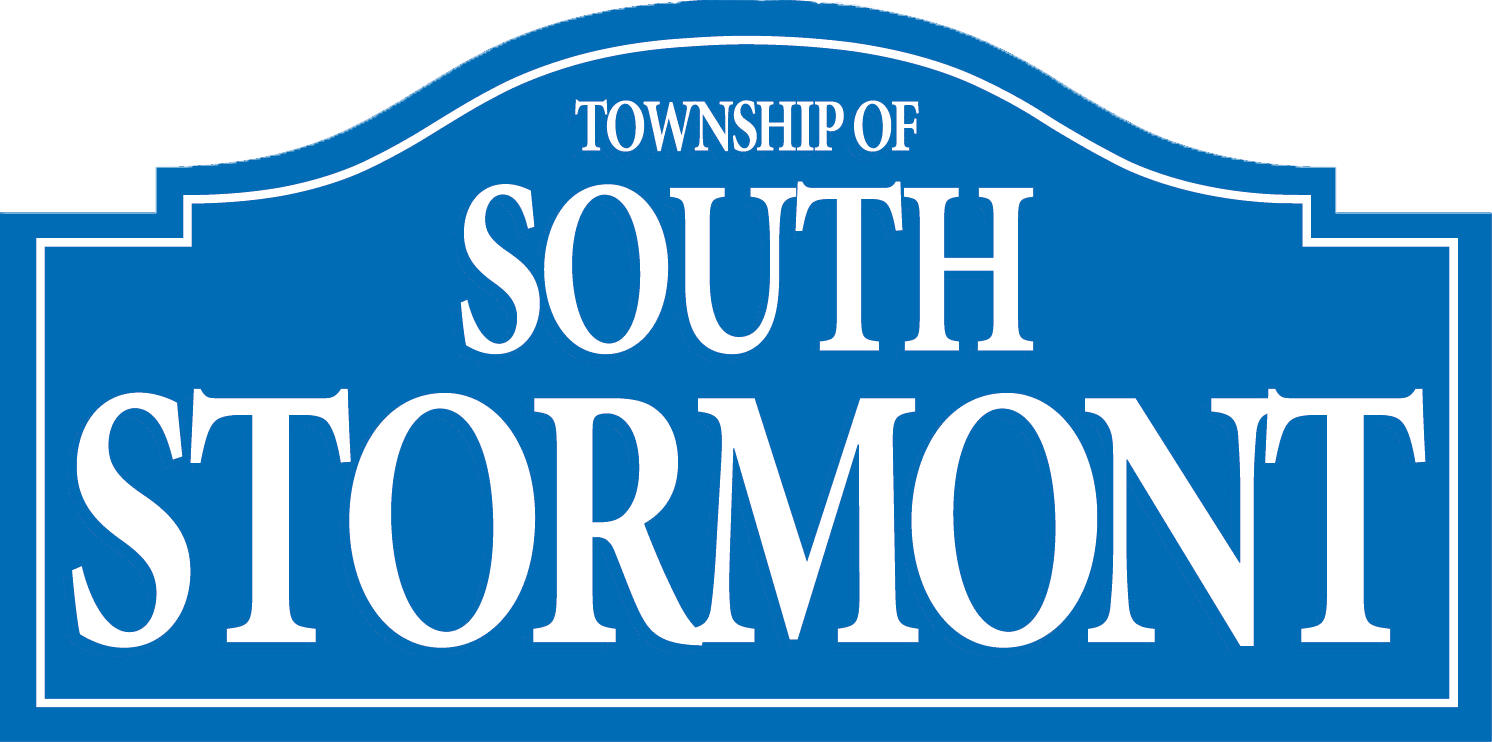Carbon Monoxide alarms are required in all homes with fuel burning appliances and/or have an attached garage. As of January 1, 2026, alarms are required to be placed adjacent to each sleeping area and on every level of the home, including storeys that do not have sleeping areas. For more information, visit the Provincial carbon monoxide safety webpage.
Homeowners and landlords are responsible for ensuring their properties have working carbon monoxide (CO) alarms. This includes:
Testing:
- It is recommended that carbon monoxide alarms be tested monthly or in accordance with the manufacturer’s instructions.
Batteries:
- Replace batteries in carbon monoxide alarms once a year or whenever the low-battery warning sounds.
- Know the difference between a low-battery warning and an emergency alarm – consult the CO alarm manufacturer’s instructions.
Replace CO alarms:
- In accordance with the manufacturer’s instructions.
- Know what the “end-of-life” warning sounds like – consult the CO alarm manufacturer’s instructions.
Exposure to CO can cause flu-like symptoms. If your CO alarm sounds, and you or other occupants suffer from symptoms of CO poisoning, get everyone out of the home immediately. Then call 9-1-1 or your local emergency services number from outside the building.






